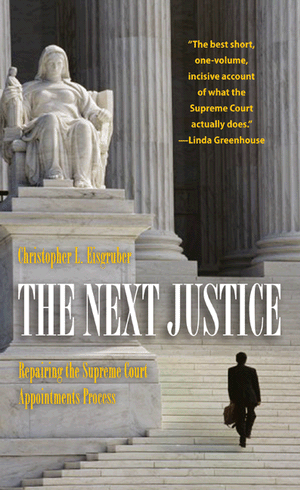Sabrina De Sousa stands accused by Italian officials as being one of the chief American agents participating in the alleged extraordinary rendition of Hassan Mustafa Osama Nasr off the streets of Italy and flying him to Egypt where he claims to have been tortured and imprisoned.
According to the Washington Post, De Sousa seeks diplomatic immunity from prosecution. “De Sousa, a naturalized U.S. citizen who was born in India, says she was ordered not to travel abroad because of the fear of arrest, preventing her from visiting her mother in India and siblings in Europe. De Sousa quit her job in the federal government in February.”
Italian prosecutors, according to the NY Times, claim that De Sousa “was a C.I.A. officer serving under diplomatic cover in the United States Consulate in Milan” at the time of Nasr’s abduction – an accusation that she denies. Rather, De Sousa “described herself as a diplomat”.

